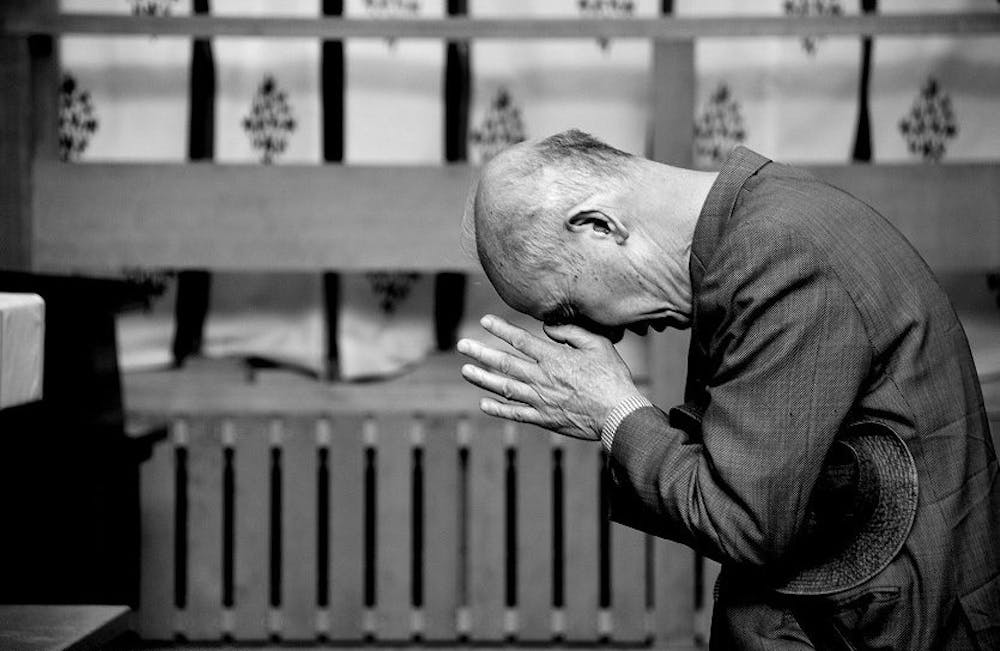By Hannah Schaefer | Contributor
When I first saw "War Room," it was a 2 p.m. showing on a Monday afternoon and I was the only person there under 40 years old. I think that sums up the experience accurately.
From start to finish, the film operated on tired stereotypes. The wizened old grandmother; the wife who felt distant from her husband; the work-obsessed husband who didn't respect his wife. The whole film unfolded under the premise that there is no place for a wife to respectfully confront her husband, and there is no place for practicing healthy communication habits within the context of marriage. According to the film, all you can do is pray that God will fix it for you.
Not only did it portray an unhealthy view of marriage, but it also communicated false beliefs about prayer-that prayer is about getting God to do what you want, and if He doesn't do it then you're not praying hard enough.
Overall, this movie turned out to be a classic example of a Christian film gone terribly wrong. As I walked out of the theater, I asked myself, "Have we ever made a quality Christian film?"
The answer: yes.
Consider "The Passion of the Christ." The only "Christian" movie ever nominated for an Oscar, "Passion"'s opening weekend in Feb. 2004 brought in nearly $84 million. It's still the highest grossing Christian movie of all time, beating all of the "Chronicles of Narnia" films by at least $20 million. In comparison, movies like "War Room," "God's Not Dead" and "Heaven is for Real" brought in an average of $14 million each.
Clearly, "Passion" did something right. But why have most Christian movies floundered since? Can we learn something about the art form to help us make better films?
Christians fear being misinterpreted now more than ever, so we are overcompensating by force-feeding audiences our message. Our paranoia with our public image is making us overbearing. We don't want anyone to walk away with a message other than what we originally intended.
But art is not supposed to be a sermon. Art is not supposed to give us answers. Art is supposed to raise questions. Typical Christian films don't allow their characters and storylines to leave questions unanswered. By clinging to clichés and refusing to take creative risks, we've created disingenuous stereotypes, unbelievable plotlines and some of the worst dialogue I have ever laid ears on.
"The Passion of the Christ" worked because it told Jesus' story without preaching or condemning. "War Room" did not work because the battle on screen did not reflect the battle in my soul. "War Room" felt hollow when it most needed to feel human.
Instead of spending your money on another preachy movie with little artistic quality, create some art of your own. It will most likely be better than any Christian movie you'd pay to sit through.






